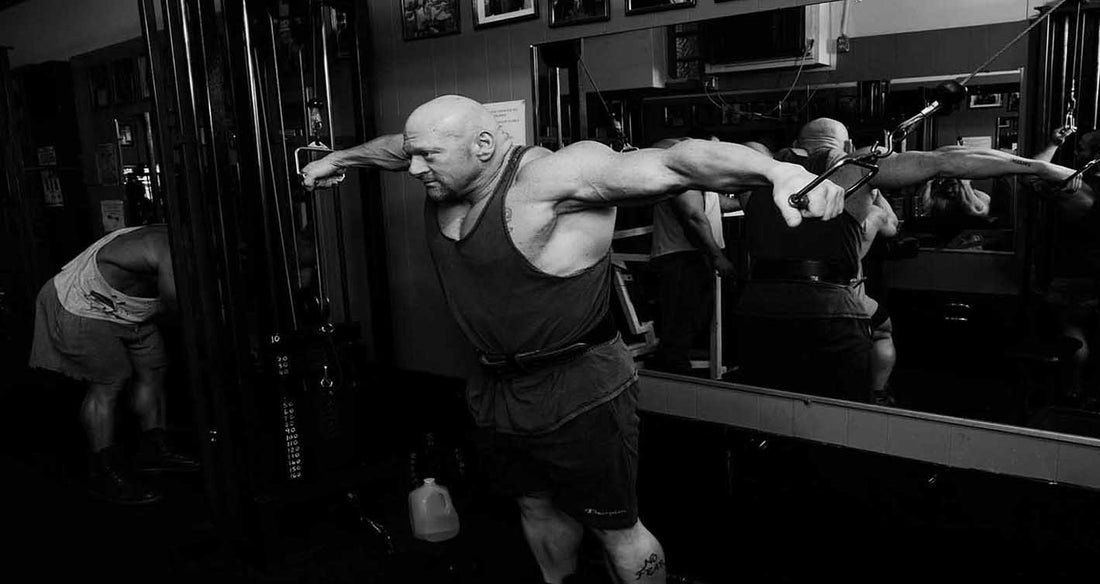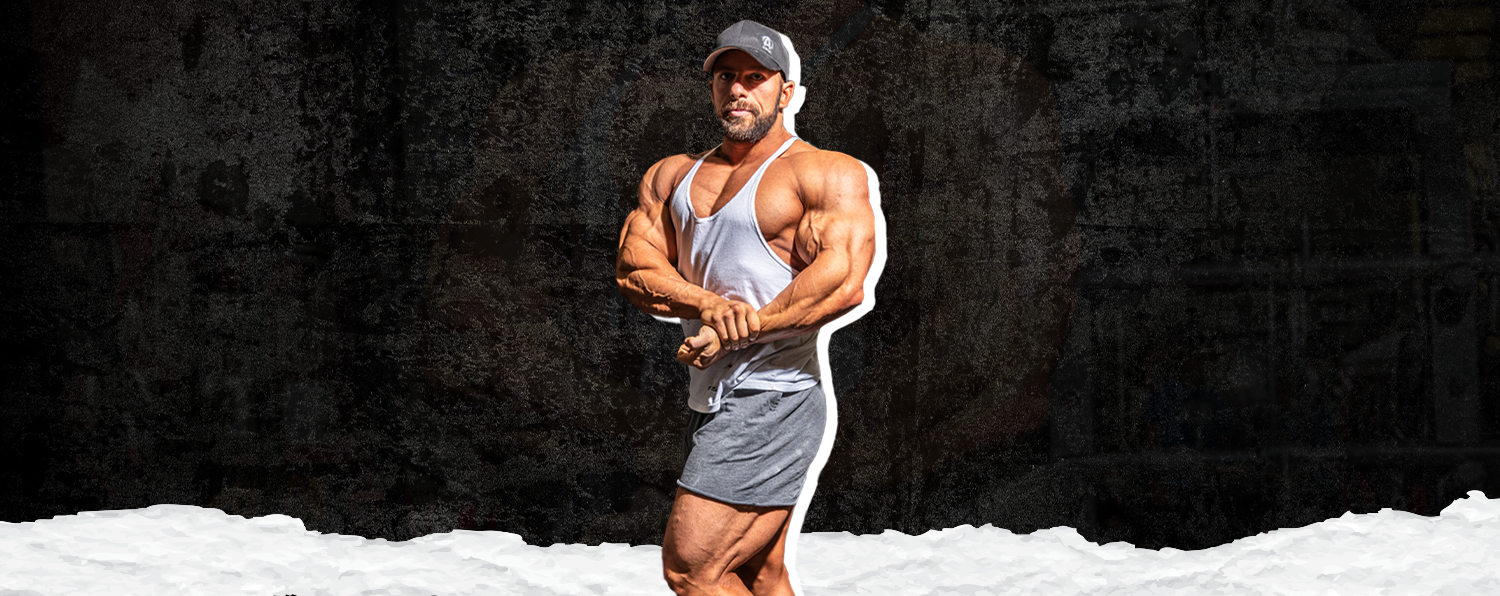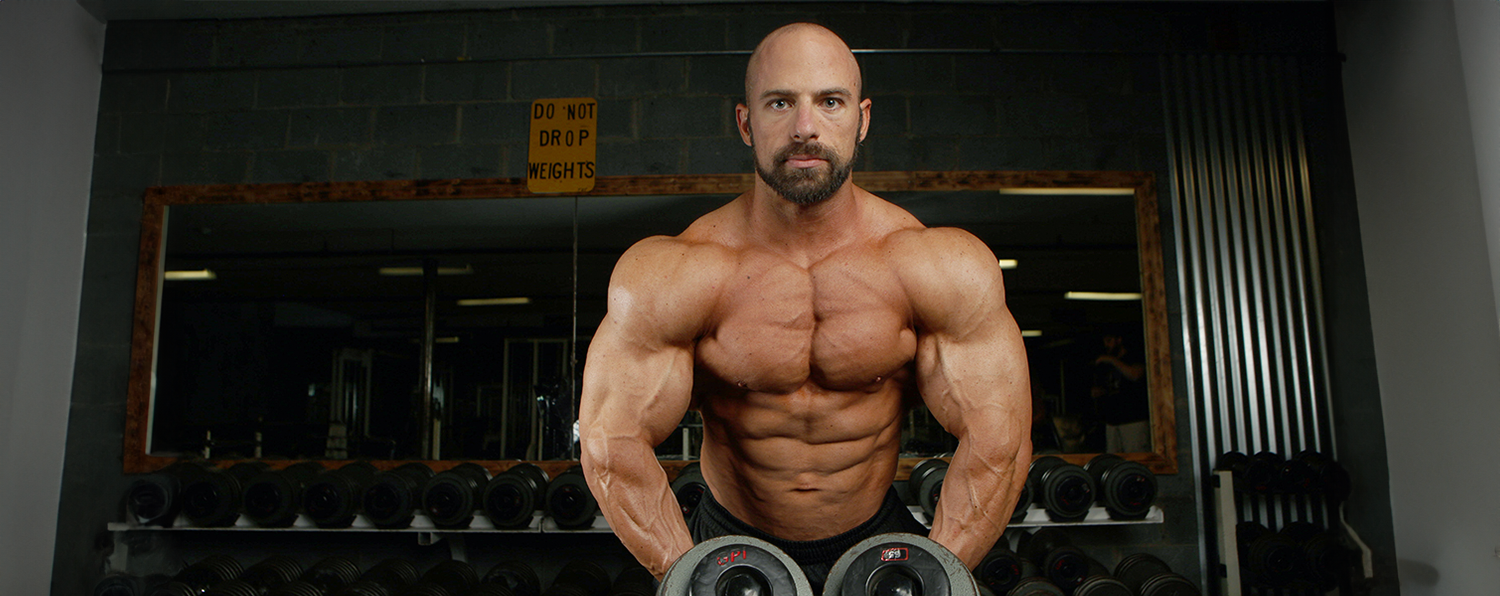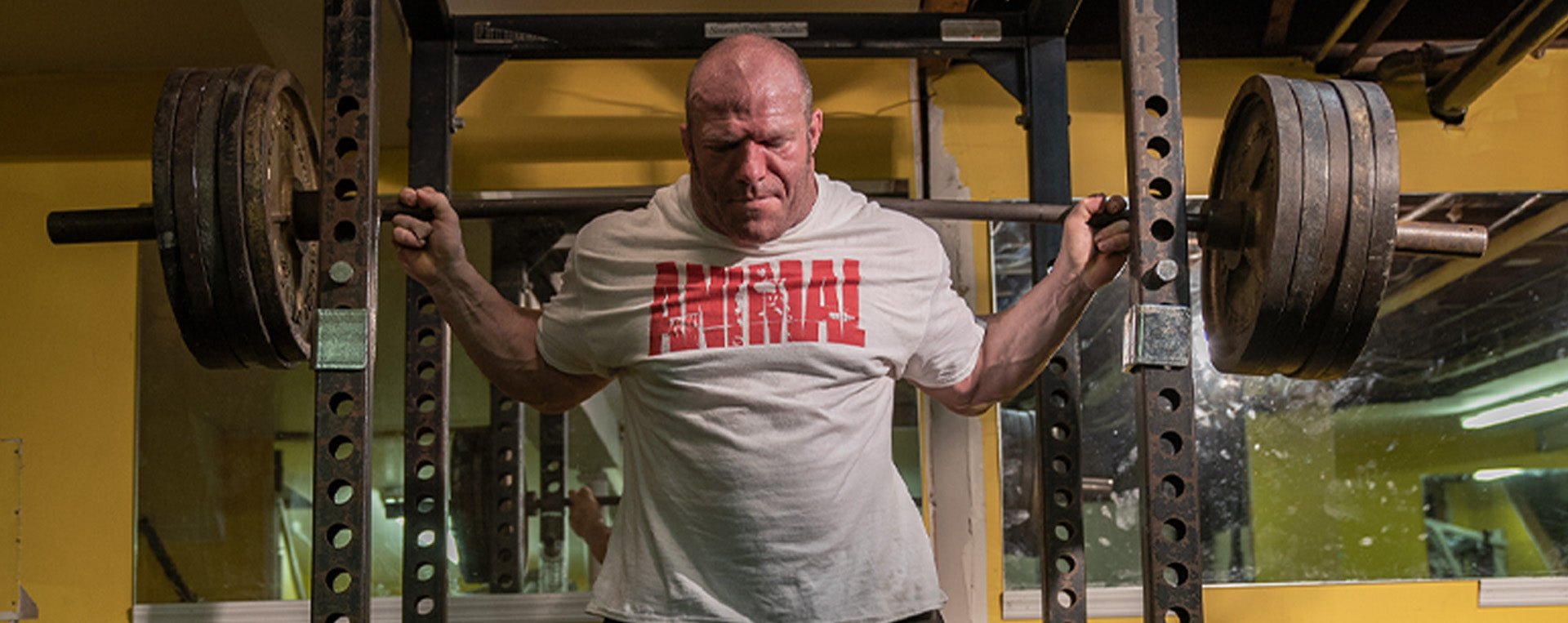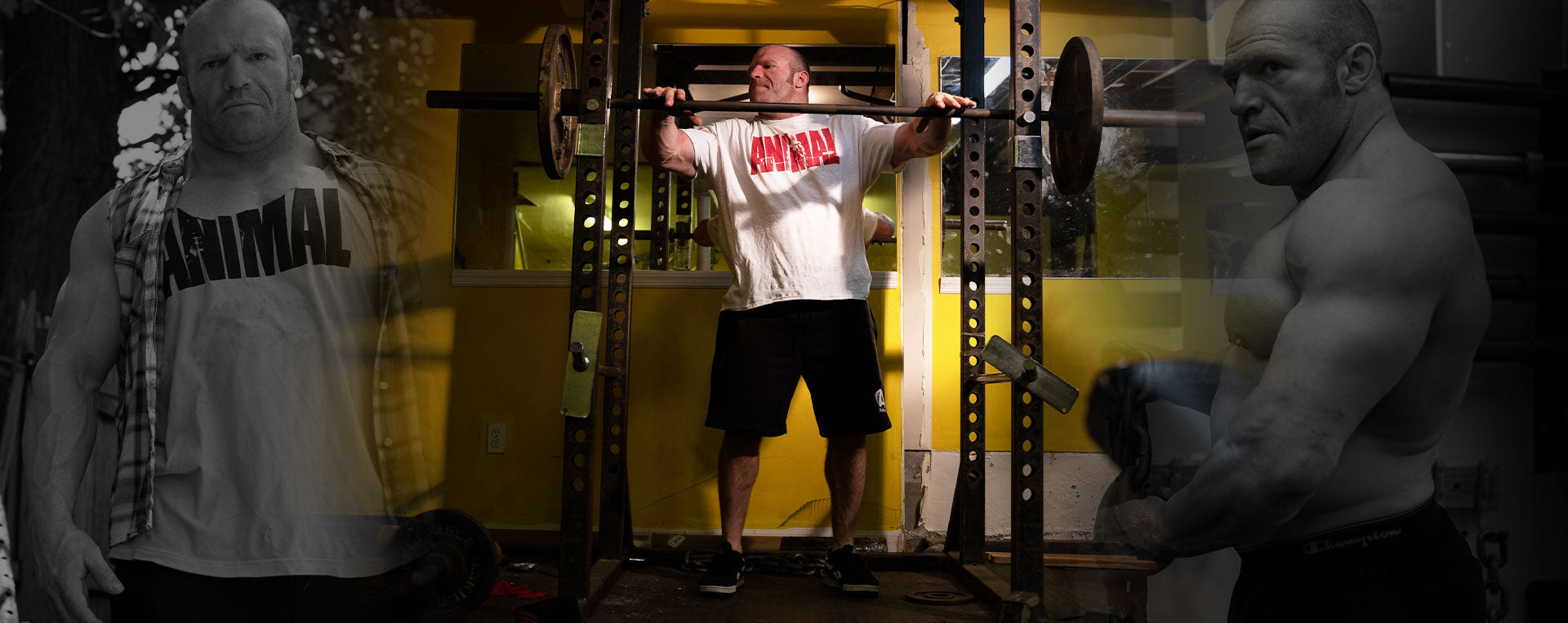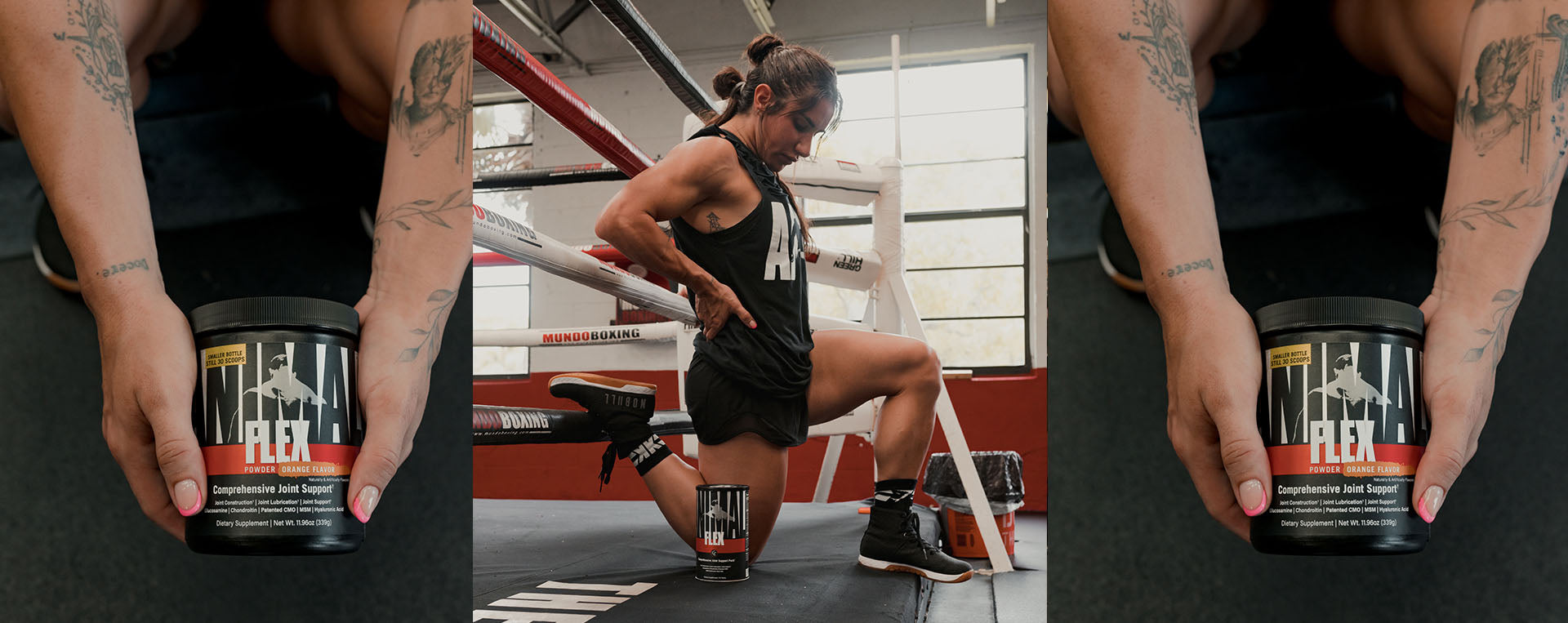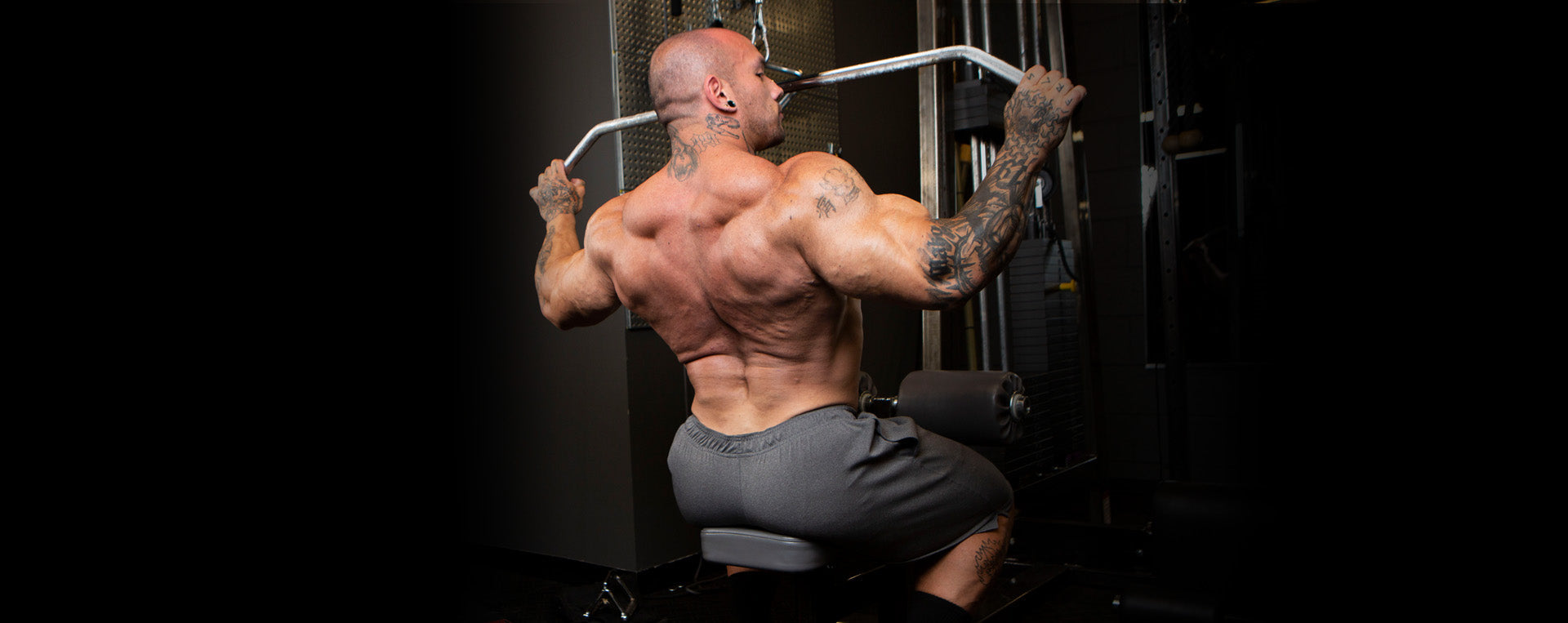Hamilton Holt said “nothing worthwhile comes easily. Work, continuous work and hard work, is the only way to accomplish results that last.” I have tried in the over 24 years that I have been training to live this thought. My mantra has always been lift heavy and go hard. Get in the gym with a plan, execute and put up as much weight as I can. Do not miss scheduled training days and meals. As a result of that philosophy, I have become a nationally ranked bodybuilder and powerlifter.
However, I, like everyone else, am human and there are times when I honestly do not want to go to the gym. I might feel tired, uninspired or just have those nagging aches and pains that never seem to go away. For the most part, pushing the thoughts of taking a day off and making myself get off the couch to “Just Do It” usually does the job. However, when those thoughts and feelings occur more often than not, then it is time to reexamine what is going on and take the steps necessary to being a beast in the gym again.
Fatigue is a common complaint I hear about from my clients. Fatigue is a feeling of tiredness or exhaustion or a need to rest because of lack of energy or strength. Fatigue may result from too much work or too little sleep or cases of excess worry or boredom. It can also come from the extremes of being lazy and not exercising enough or of blasting it too hard for too long and overtraining. A stressful emotional situation may also cause fatigue—fighting with your girl or family, stressing over work or the bills. This type of fatigue usually clears up when the source of that stress is relieved. Examining sleep habits, better channeling the stress or worry in our life or changing training regimens normally relieves mild fatigue. Many prescription drugs can cause this kind of weakness too. The abuse of alcohol or stimulants or use of illegal drugs will only make any regular symptoms of fatigue worse. You play too much, you’re gonna pay. There is no place in the life of a real athlete for these kinds of poison.
You should probably see a doctor when fatigue comes packaged up with any other kind of health symptoms, as in those cases, the tiredness also might be a sign of other shit that isn’t right. Fatigue that lasts longer than 2 weeks usually requires a visit to a doctor. This type of fatigue could be caused be any number of serious medical problems, ranging from organ issues to metabolic diseases. This shit is no joke and nothing to play around with, as your life beyond bodybuilding might hang in the balance.
Some clients report that they suffer from chronic fatigue syndrome which is severe, persistent fatigue. If this occurs without an obvious cause, it is important to evaluate a person’s mental health state. Fatigue is a common symptom of mental health problems, such as anxiety or depression. Depression may become so severe that a person may consider suicide as a way to end his pain. Dudes who think their fatigue may be caused by a mental health problem, should consult their doctor immediately… Cuz I can’t help you with that. Only you and your therapist can resolve such issues. But it can be done, and you can move on, stronger than ever.
For a person who suffers from fatigue, I would recommend implementing the following changes into their lives:
Get More Sleep: The average adult functions best with eight hours of quality sleep daily. While you may not be able to get that much on a regular basis, make sleep more of a priority.
Eat Better: A nutrient ratio for an individual with a moderate to slow metabolism would be 40% protein, 45% carbohydrates and 15% fat.
Kick the Habit: Alcohol use and the use of narcotics or illegal drugs may cause an ongoing tiredness. Over time, it will also make you weak and sick. Limit your use of stimulants like caffeine as well, using them only when you need them, like my Animal Rage before I train.
Change it Up: The old saying that variety is the spice of life applies as much to training regimens as it does to anything else. I recommend changing some element of my training every six to eight weeks at least, if not sooner, for best results. One thing I have learned in my career is how to vary things to get the best out of my training and to stay growing.
Staying motivated to train, exercise and stick to a diet is tough. No doubt about it. The hardest part is getting restarted once a person stops. Having motivation comes from within—something we create—making the task at hand personal, about ourselves. Having a goal, something to work for, is the first step in making someone turn off the reality shows and get off that couch.
Preparation—packing a gym bag, preparing meals in advance, etc., is the second step to getting back into training and staying interested. Creating discipline through following a daily routine is critical to keeping a person on track to reach his goals. Staying committed, spending time daily to look at and examine goals and review progress is inherent in keeping a person on track. Beyond that, keep it fun. Nothing battles fatigue and pushes you to do better than enthusiasm. Make training a joy and fatigue won’t stand in your way.
Stay strong.
